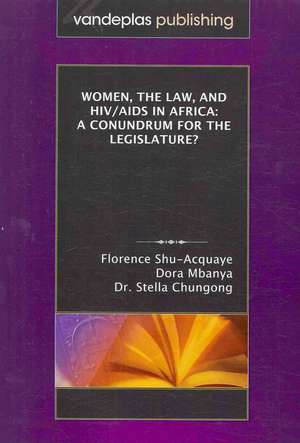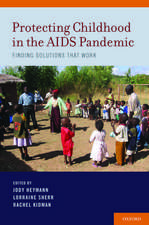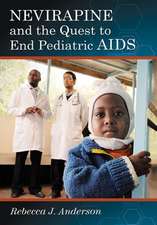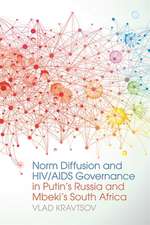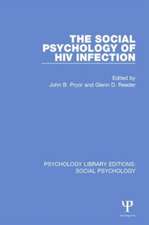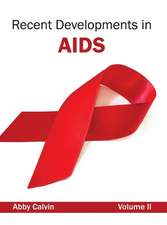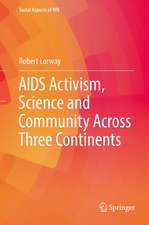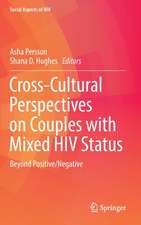Women, the Law, and HIV/AIDS in Africa: A Conundrum for the Legislature?
Autor Florence Shu-Acquaye, Dora Mbanya, Stella Chungongen Limba Engleză Paperback – 31 ian 2008
Preț: 274.93 lei
Preț vechi: 289.40 lei
-5% Nou
Puncte Express: 412
Preț estimativ în valută:
52.61€ • 54.82$ • 43.56£
52.61€ • 54.82$ • 43.56£
Carte tipărită la comandă
Livrare economică 31 martie-05 aprilie
Preluare comenzi: 021 569.72.76
Specificații
ISBN-13: 9781600420375
ISBN-10: 1600420370
Pagini: 172
Dimensiuni: 170 x 244 x 9 mm
Greutate: 0.28 kg
Editura: Vandeplas Pub.
ISBN-10: 1600420370
Pagini: 172
Dimensiuni: 170 x 244 x 9 mm
Greutate: 0.28 kg
Editura: Vandeplas Pub.
Notă biografică
Florence Shu-Acquaye, is a Professor of Law at Nova Southeastern University, Shepard Broad Law Center (since 2000), where she teaches Business Entities, Contracts, UCC Sales, Negotiable Instruments and Comparative Corporate Governance. She also teaches in the Masters in Health and Education Law Programs. Professor Shu-Acquaye holds an LL.B and a DEA (Diplmes dEtudes Approfondie), a post-graduate diploma from the University of Yaound, an LL.M from Harvard Law School, a JSM and a JSD from Stanford Law School. Professor Shu-Acquaye has several publications, but is particularly passionate about women in Africa and in particular those affected by HIV/AIDS. This book was inspired by the time she spent in Cameroon on Sabbatical working with the Society for Women and AIDS in Africa (SWAA), an African Organization dedicated to addressing the problems faced by women with HIV/AIDS. She was a 2007 recipient of the Quiet Storm Award in recognition of the work she did with SWAA. She sits on a number of boards but is most honoured to serve on the Community Hope Center board, an outreach ministry to the Broward County community. Professor Dora MBANYA is Associate Professor of Hematology in the Faculty of Medicine and Biomedical Sciences in the University of Yaound I, Cameroon and Consultant Hematologist and Chief of Service in the Hematology and Transfusion Service of the University Teaching Hospital in Yaound, Cameroon. Her major interest is in Transfusion Medicine and HIV/AIDS-related issues in Sub Saharan Africa. As part of her contribution to community services, she is currently the National President of the Society for Women and AIDS in Africa where she participates in reaching the community at various levels in an attempt to impact their lives positively. She has been an active member of the Cameroon Medical Womens Association where she has held several posts of responsibility. Professor Mbanya is holder of an MD from the University Center for Health Sciences (CUSS), Yaound, Cameroon, a Diplme Universitaire in Transfusion Medicine under the University of Abidjan in Cte dIvoire and a Ph.D in Medicine (Hematology) from the University of Newcastle Upon Tyne, UK.Dr Stella Chungong, is a Medical Epidemiologist, currently working as the Technical Coordinator for National Surveillance System Strengthening and Monitoring for the International Health Regulations (IHR), in World Health Organization, Geneva. Prior to this position, Dr Chungong worked within the Global Influenza Programme. She has also worked as a coordinator of the Epidemiological Surveillance Team within the WHO Lyon Office of the Department of Communicable Disease Surveillance and Response (CSR). Dr Chungong has worked with both developing countries and developed countries, supporting the development of guidance, policies and strategies for national surveillance system strengthening for communicable diseases including HIV/AIDS. She has also worked in various other areas such as nutrition, particularly on nutritional assessments, access to drugs and other amenities for women in Sub-Saharan Africa, and is interested in gender related issues that affect health. She is a member of the Cameroon Medical Womens Association. She holds an MD from the University Center for Health Sciences (CUSS), Yaound, Cameroon, a Diploma in Community Medicine from the University of Geneva, Switzerland and an MPH from the University of Leeds in the UK.
